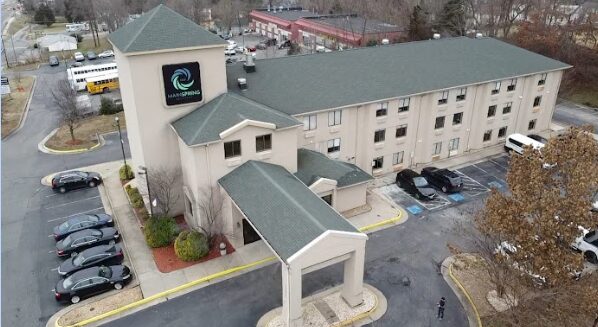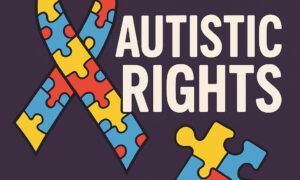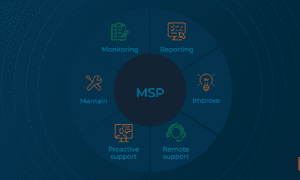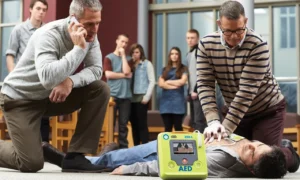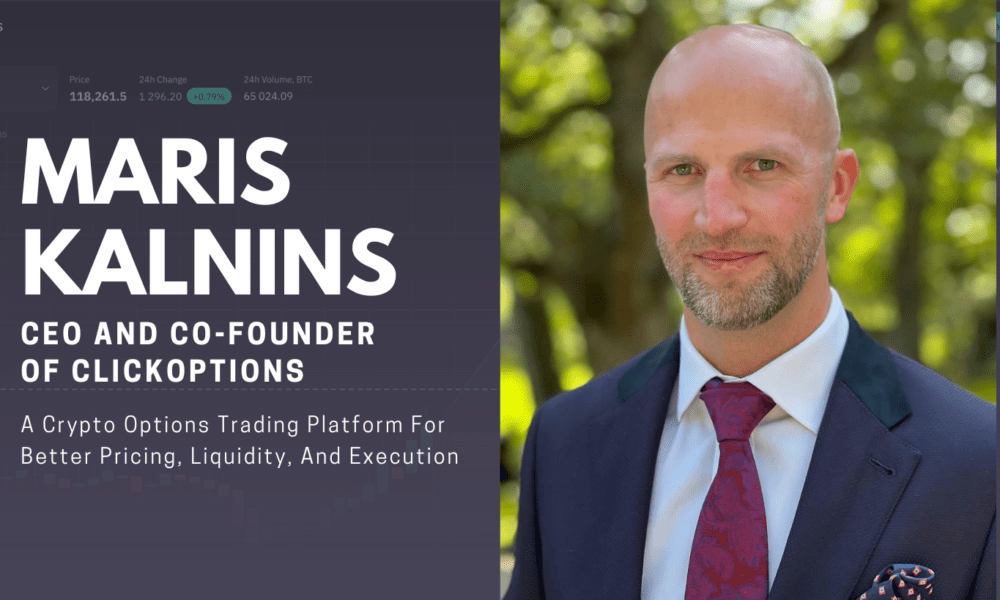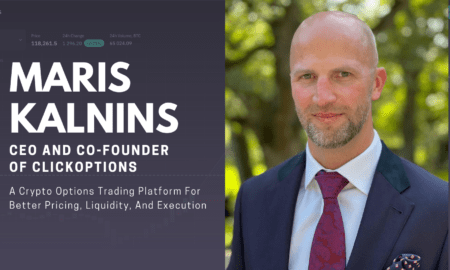If you or a loved one is searching for addiction treatment, one of the most important decisions you’ll make is where to go. But not all treatment centers are created equal. To ensure safety, quality, and long-term results, it’s crucial to choose an accredited rehab center in Virginia, one that meets both medical and ethical standards.
Here’s how to separate the trustworthy from the risky, and what really matters when choosing a rehab facility.
Why Accreditation Matters
Accreditation is a stamp of approval from national healthcare organizations, showing that a facility meets strict standards in clinical care, safety, and ethical practices. The most respected accrediting bodies in addiction treatment include:
- The Joint Commission (JCAHO)
- Commission on Accreditation of Rehabilitation Facilities (CARF)
When a center is accredited, you can feel confident that its staff is trained, its practices are evidence-based, and its environment is held to professional standards.
What to Look For in an Accredited Rehab Center
Beyond accreditation, here are a few essentials to check for when evaluating a program:
- Qualified, Licensed Staff
Ensure the facility employs licensed therapists, medical professionals, and addiction counselors. Look for credentials like LPC, LCSW, MD, or RN. - Individualized Treatment Plans
A good rehab center won’t take a one-size-fits-all approach. Programs should be tailored to each client’s physical health, mental health, substance history, and personal goals. - Dual Diagnosis Support
If mental health is part of the equation and it often is, make sure the program provides care for co-occurring disorders like anxiety, depression, or PTSD. - Family Involvement
Quality programs involve family members in education, therapy, and aftercare planning when appropriate. Healing is easier when loved ones are informed and involved. - Aftercare Planning
Recovery doesn’t end at discharge. Look for centers that offer strong aftercare support like alumni programs, outpatient therapy, or sober living guidance.
Rehab in Lynchburg, VA: A Local Example of Quality Care
For those seeking compassionate, community-based care, rehab in Lynchburg, VA offers a more personalized experience. Centers in this area often provide smaller group sizes, more one-on-one support, and a strong connection to nature and local recovery resources.
At Mainspring Recovery, we’ve seen how combining clinical excellence with real-world support creates a path to long-lasting sobriety, not just temporary treatment.
Red Flags to Avoid
When researching rehab options, watch out for:
- Lack of clear licensing or accreditation
- Promises of “instant” or “guaranteed” recovery
- Pressure to commit before an assessment
- No aftercare or follow-up planning
If a program seems vague or overly salesy, that’s a sign to dig deeper or move on.
Rehab in Lynchburg, VA: A Local Example of Quality Care
For those seeking compassionate, community-based care, rehab in Lynchburg, VA offers a more personalized experience. Centers in this area often provide smaller group sizes, more one-on-one support, and a strong connection to nature and local recovery resources.
At Mainspring Recovery, we’ve seen how combining clinical excellence with real-world support creates a path to long-lasting sobriety, not just temporary treatment.
Final Thoughts
Finding the right rehab program isn’t just about location, it’s about quality. Accreditation, licensing, and a focus on long-term success are what set trusted centers apart from the rest.
Whether you’re seeking help for yourself or someone you care about, take the time to ask questions, read reviews, and verify credentials. The right support system makes all the difference and recovery is worth doing right.

